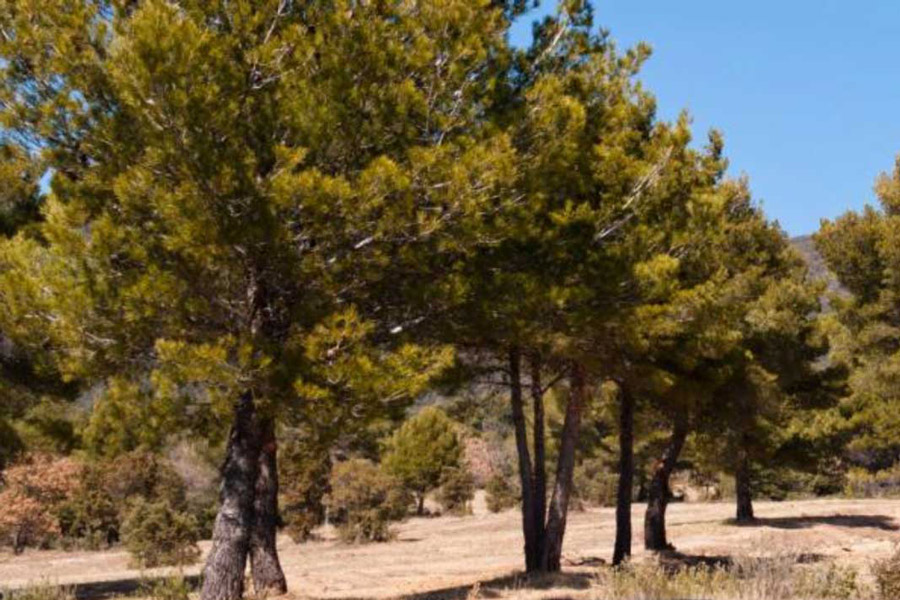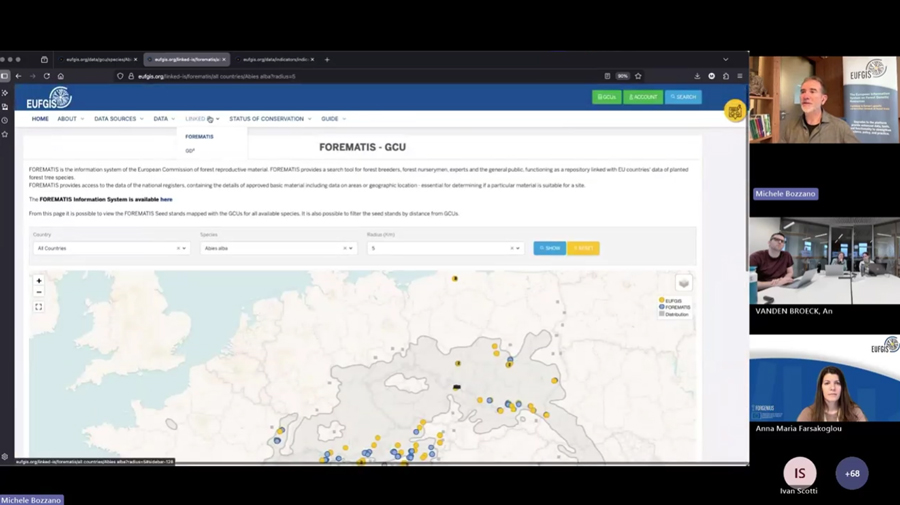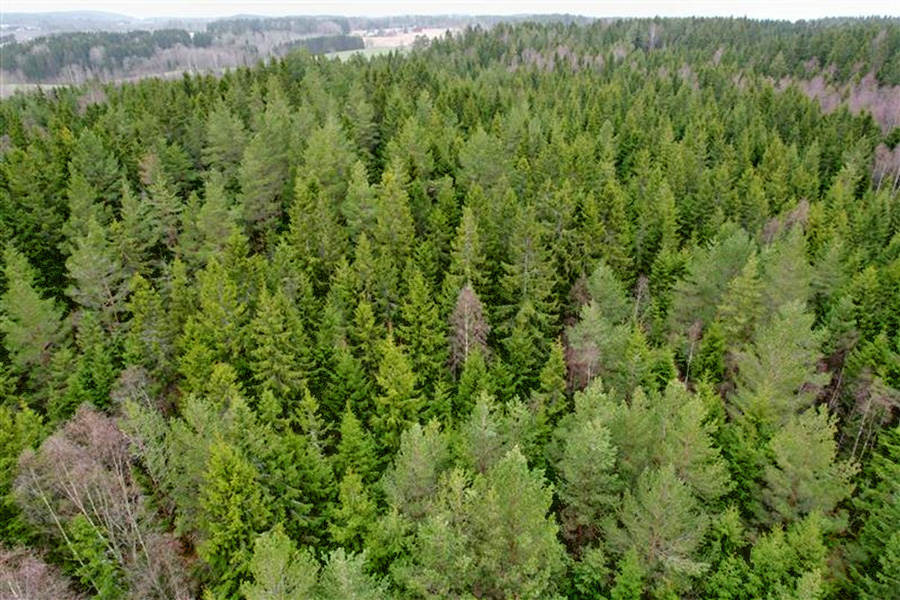Largest database on Mediterranean trees now available through open access
An international team led by INRAE and EFI compiled the largest open-access database of Mediterranean tree species, providing vital data on diversity, extinction risk and genetics to support conservation and restoration efforts.
An international network of 30 scientists, coordinated by INRAE and the European Forest Institute (EFI), and involving Aix-Marseille Université, the University of Montpellier, the French National Forest Office (ONF) and the French National Museum of Natural History (MNHN), has compiled the most comprehensive inventory to date of Mediterranean tree species.
The study identified 496 species and 147 subspecies of trees across the Mediterranean region. These open-access data include information on species distribution, extinction risk and genetic diversity, providing an essential resource for forest conservation, ecological restoration and sustainable management. The findings were published in Current Forestry Reports.
One of the greatest challenges facing forests today is adapting to and mitigating climate change. Yet, Mediterranean trees are still underrepresented in forest conservation and management policies. To address this gap, researchers from North Africa, the Middle East and southern Europe analysed a large dataset on the presence or absence of trees throughout the Mediterranean climatic zone.
The inventory spans 39 botanical territories, each representing a distinct Mediterranean area within a country (for example, southern continental France and Corsica). The number of endemic tree species, those unique to a particular territory, varies widely. Spain has 150 endemic species, continental France 139, Türkiye 277, Algeria 57 and Sicily 102.
The study revealed major knowledge gaps: extinction risk assessments were missing from the IUCN Red List for nearly half of the species, and genetic diversity data were available for only a third. Of the 169 species for which genetic studies existed, 43% had at least one known food or timber use.
These results highlight the urgent need for stronger collaboration in line with the Mediterranean Forest Research Agenda 2030, to improve the conservation of forest genetic resources across the region.
The full dataset is available through open access on the Recherche Data Gouv platform and can support national and regional strategies for forest genetic conservation and ecological restoration.
Read the press release in French
Full reference:
Fady, B., Farsakoglou, A.M., Caron, M. et al. (2025). Native trees of the Mediterranean region: distribution, diversity and conservation challenges. Current Forestry Reports.
This study was funded by INRAE and the European Forest Institute’s Mediterranean Facility (EFIMED).







